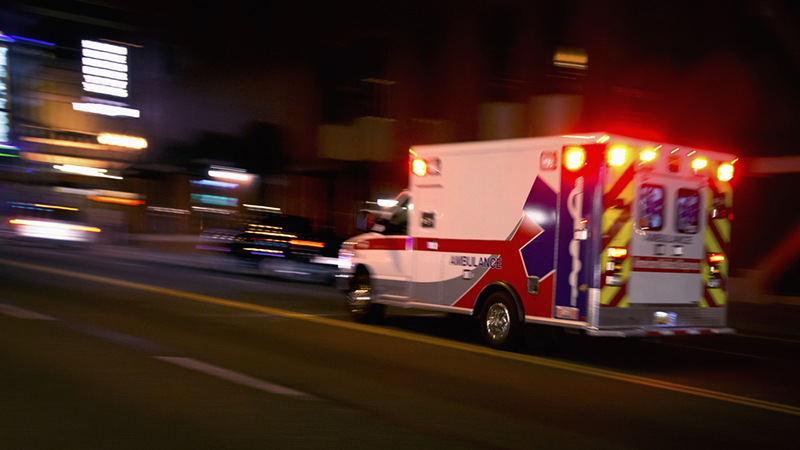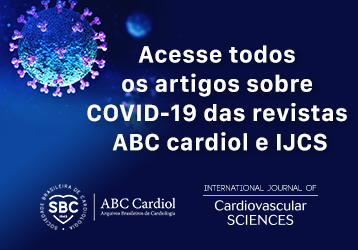Volume 31, Nº 5, Setembro e Outubro 2018
DOI: http://www.dx.doi.org/10.5935/2359-4802.20180050
ARTIGO ORIGINAL
Acute Myocardial Infarction and Primary Percutaneous Coronary Intervention at Night Time
Roberto Ramos Barbosa
Felipe Bortot Cesar
Denis Moulin dos Reis Bayerl
Renato Giestas Serpa
Vinicius Fraga Mauro
Walkimar Ururay Gloria Veloso
Roberto de Almeida Cesar
Pedro Abilio Ribeiro Reseck

Abstract
Background: Primary percutaneous coronary intervention is the preferred treatment in ST-elevation myocardial infarction. At night period, the delay until performing primary percutaneous coronary intervention may be determinant to prognosis worsening.
Objective: To analyze the results of primary percutaneous coronary intervention performed at day and night periods.
Methods: Cohort study that included patients admitted with ST-elevation myocardial infarction who underwent primary percutaneous coronary intervention from December 2013 until December 2016 in a ST-elevation myocardial infarction reference hospital of a metropolitan region in Brazil, followed from admission to hospital discharge or death, compared according to time of primary percutaneous coronary intervention (night or day). Statistical analysis comprehended the Chi-square test, the Fisher test, the Student’s t-test and the analysis of variance, with significance level of 5%.
Results: 446 patients were submitted to primary percutaneous coronary intervention, 159 (35.6%) at night time and 287 (64.4%) at day time. No differences were found between the two groups concerning clinical baseline characteristics. Door-to-balloon time (101 ± 81 minutes vs. 99 ± 78 minutes; p = 0,59) and onset-to-ballon time (294 ± 158 minutes vs. 278 ± 174 minutes; p = 0,32) did not differ between the groups. The incidence of combined major adverse cardiac events (15.1% vs. 14.3%; p = 0,58) and in-hospital mortality (9.4% vs. 8.0%; p = 0,61) were similar between the groups, as well as length of hospital stay (6.0 ± 4 days vs. 4.9 ± 4 days; p = 0,91).
Conclusion: Primary percutaneous coronary intervention at night time showed similar results as the procedure performed at day time, without significant increase of in-hospital adverse events, length of stay or mortality. (Int J Cardiovasc Sci. 2018;31(5)513-519)
Keywords: Myocardial Infarction; Percutaneous Coronary Intervention; Cohort Studies; Night Care.











